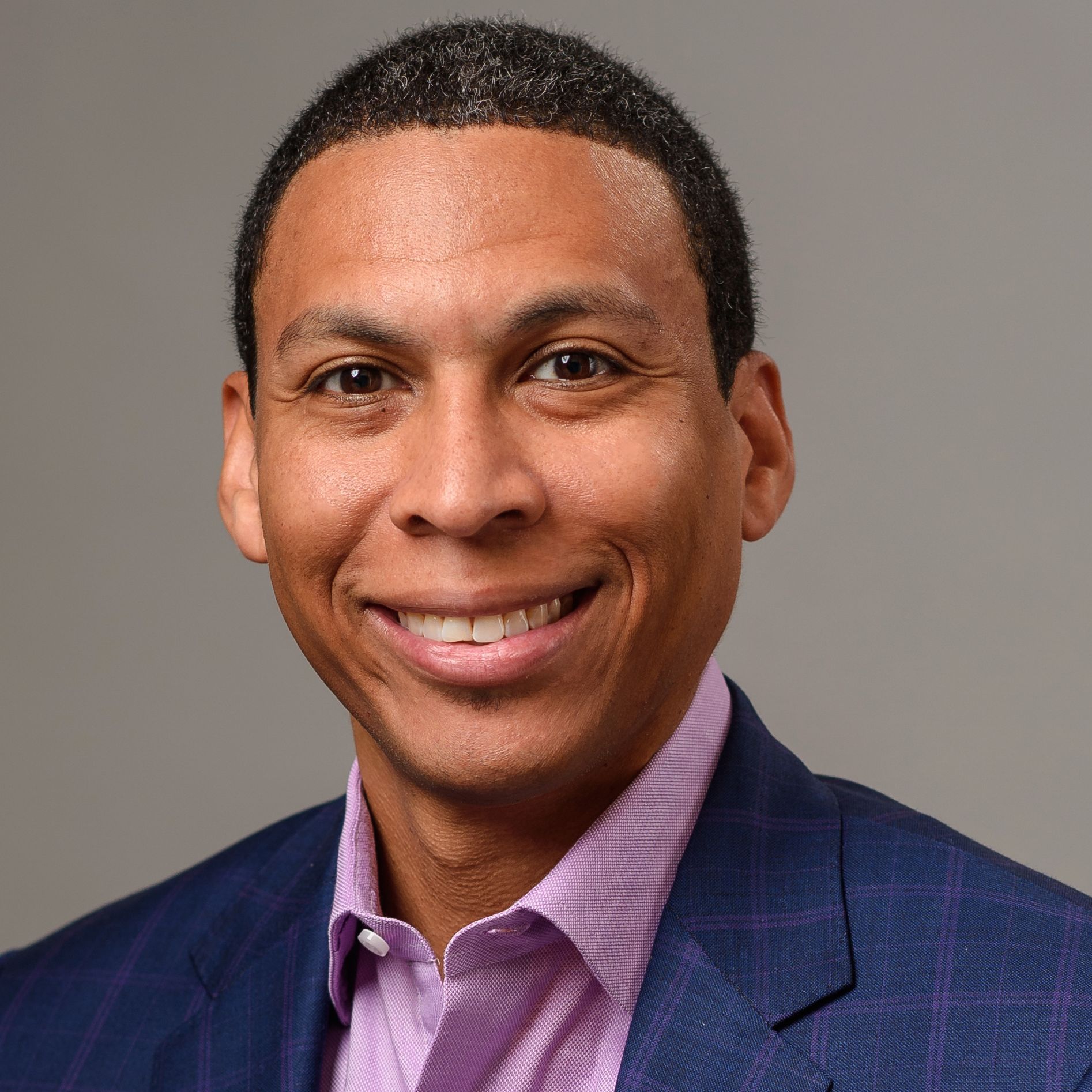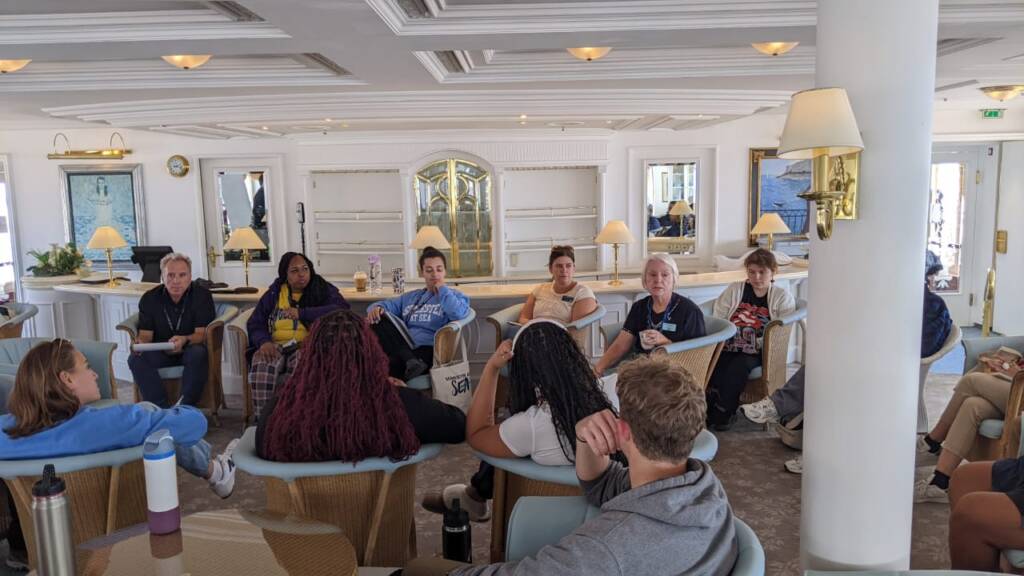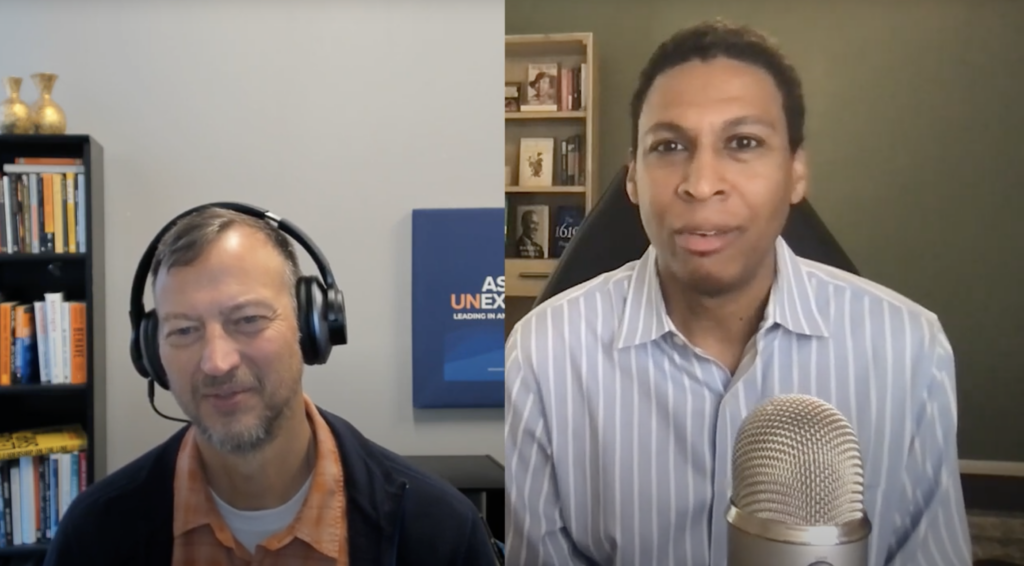Dr. Cedric Dark, MD, MPH, FACEP, leads an incredibly busy life. He is an Associate Professor in the Henry J. N. Taub Department of Emergency Medicine at Baylor College of Medicine, the Medical Editor-in-Chief of ACEP Now, and the recent author of Under the Gun: An ER Doctor’s Cure for America’s Gun Epidemic. He recently completed his service on the Board of Directors for Doctors for America and remains a vocal advocate for healthcare policy. His work has been featured in The Guardian, MedPage Today, Houston Chronicle, WIRED, and major media outlets such as NPR, CNN, MSNBC, Fox News, and BBC World News.
Even with this prolific career, Dr. Dark continues to give back to Semester at Sea, serving as a member of the Board of Trustees. He credits the program with shaping his appreciation for “diversity in the entire realm of humanity”—a perspective that has undoubtedly influenced his work as a physician, professor, author, editor, and policy advisor, as well as his advocacy for international travel and cultural understanding.
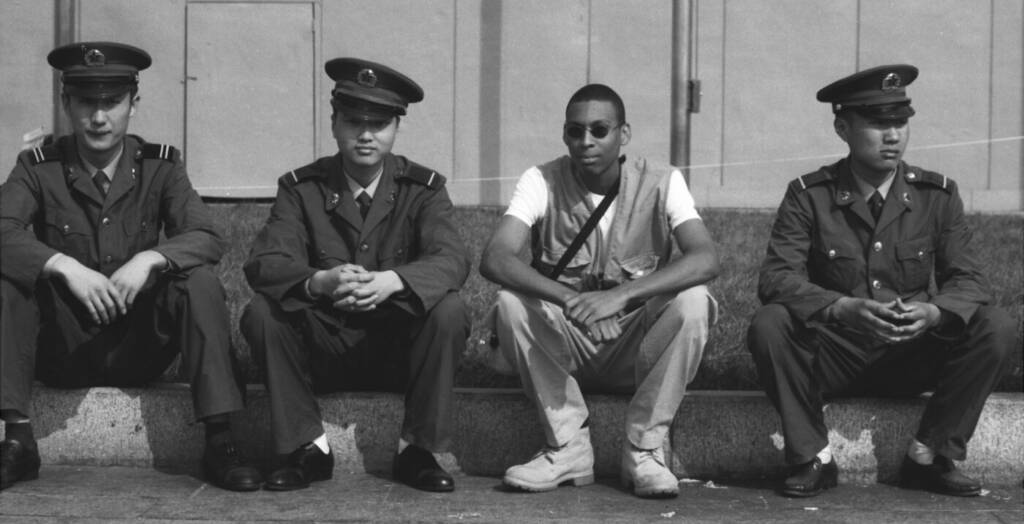
Growing up in a diverse Maryland community where many of his peers stayed close to home after high school, Dr. Dark knew early on that he wanted to explore the world. In the Fall of 1999, while studying Biology at Morehouse College, he received a full-ride scholarship for Semester at Sea. The experience broadened his perspective and became a defining moment in his personal and professional journey. “SAS was rewarding in so many ways. I became a better-rounded human being and, eventually, a better doctor,” he said.
After his voyage, Dr. Dark pursued his medical career with a global perspective, earning an MPH from Columbia University, an MD from New York University, and completing his residency at George Washington University. Now based in Houston, Texas, he practices emergency medicine and teaches at Baylor—while balancing his many other leadership and advocacy roles.
Even after 25 years, the lessons and memories from Semester at Sea remain vivid. “There’s something so important about experiencing different places and cultures firsthand. Even now, I can look at a sunset over the water somewhere in the world, and it brings me right back to that same moment on the ship.”
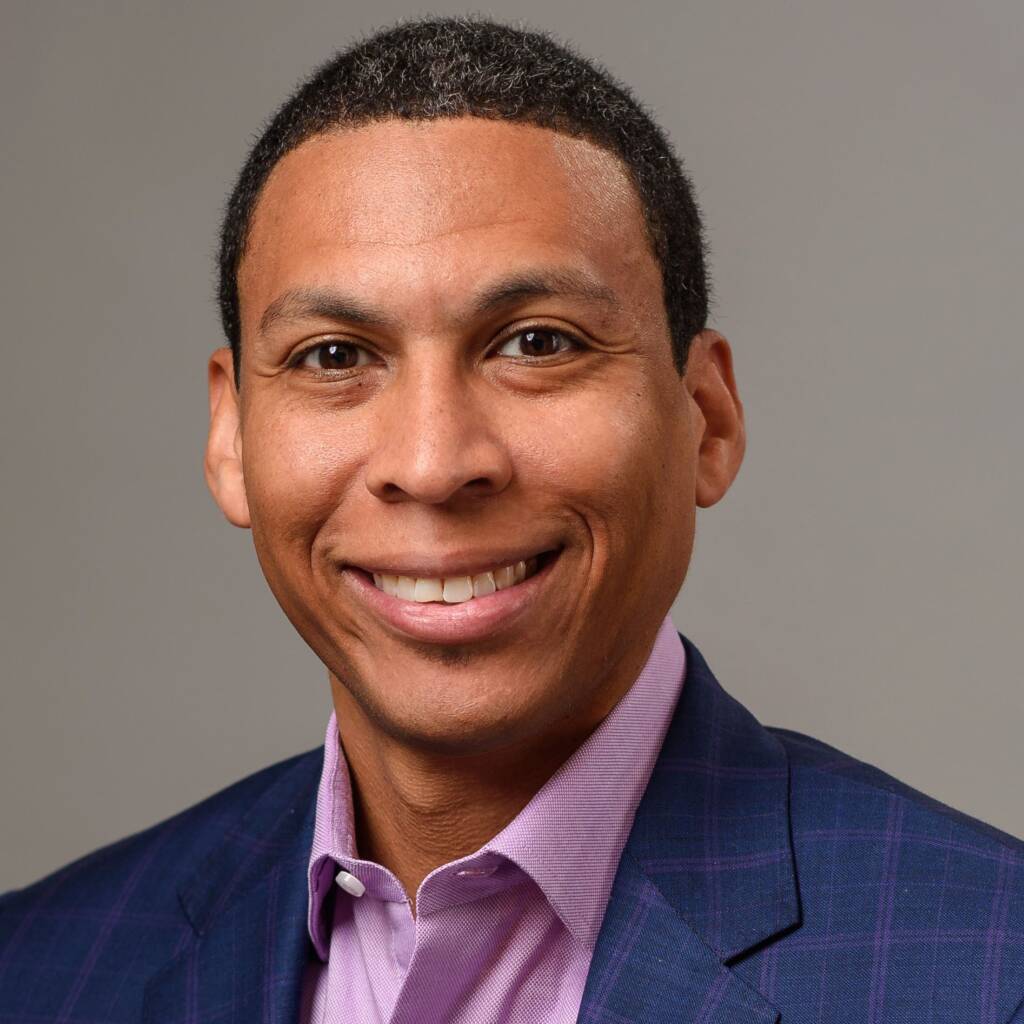
His gratitude for the program inspired him not only to serve on the SAS Board of Trustees but also to give back financially as a regular donor and a member of The 1963 Society. This honorary association recognizes alumni, parents, faculty, staff, and friends who include Semester at Sea in their estate plans through bequests or beneficiary designations on retirement assets, insurance, or bank accounts.
By joining The 1963 Society, Dr. Dark has ensured his legacy will continue to support Semester at Sea for generations to come. “Giving back was important to me, even if I started with smaller amounts that grew over time as my career advanced,” he said. “People sometimes think they have to donate a large sum to be part of The 1963 Society, but that’s not the case. It’s really about making a commitment, whether big or small, to help sustain the program.”
Dr. Dark encourages others to support Semester at Sea in any way they can. “You don’t have to be wealthy to give. What matters most is participation—showing your affinity for SAS and understanding that philanthropy is essential for a nonprofit like this to thrive.”
He also issued a call to action to SAS alumni and supporters: “Reach out to just one SAS friend or alum who may have lost touch with the program. Encourage them to reconnect, get involved, and give if they can—even a few dollars a month or a future commitment through The 1963 Society makes a difference. This kind of engagement adds up, brings in more donors, and helps ensure Semester at Sea continues to change lives.”
Through his leadership, advocacy, and philanthropy, Dr. Cedric Dark plays a vital role in sustaining the transformative impact of Semester at Sea. To learn more about The 1963 Society or to discuss estate planning options, please contact the Planned Giving Team at giving@isevoyages.org.
